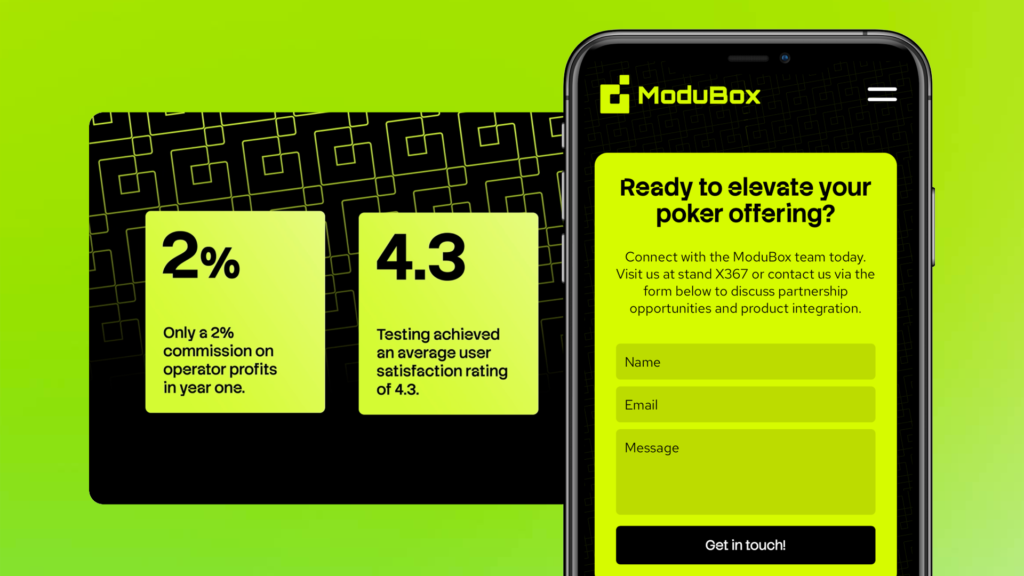Blogs
What Is Domain Authority? And Why It Matters for SEO
When it comes to improving your website’s visibility on search engines, understanding Domain Authority (DA) can give you a major advantage.
DA helps you gauge how well your website is likely to perform against competitors in search engine results pages (SERPs).
What Is Domain Authority?
Domain Authority (DA) is a metric created by Moz, a well-known SEO software company. It predicts how well a website is likely to rank on Google and other search engines. The score ranges from 1 to 100, with higher numbers suggesting a stronger likelihood of ranking well for competitive keywords.
It’s important to note, however, that Domain Authority is not a Google ranking factor. Google does not use DA in its algorithms. Instead, DA serves as a comparative and predictive tool. It is a way for SEO professionals to measure a site’s overall strength and credibility relative to others in the same field.
How Domain Authority Works
DA combines a range of factors into a single score, using algorithms developed by Moz. Here’s a breakdown of how it works:
Predictive Metric, Not a Ranking Guarantee
Domain Authority doesn’t directly affect how your website ranks; it’s a predictive metric. Instead, it estimates the likelihood of ranking based on patterns observed in existing high-performing websites. Think of it as a competitive benchmark rather than a direct measure of success.
Scoring System
The DA scale ranges from 1 to 100. New websites with few backlinks will start with a lower score, while established, authoritative sites – like major news outlets or government domains – tend to score higher. Because the scale is logarithmic, improving your DA from 20 to 30 is much easier than moving from 70 to 80.
Calculation Factors
DA is calculated using dozens of data points from Moz’s index. The two most influential factors are:
- Linking root domains: The number of unique websites that link back to yours.
- Total backlinks: The quantity and quality of all links pointing to your site.
Other elements like site structure, spam score, and content quality can also indirectly affect your DA.
Not a Google Ranking Factor
While Moz’s DA is widely used in SEO, it’s crucial to remember that Google doesn’t use Domain Authority in its ranking algorithms. Google relies on its own systems to evaluate trust and relevance. However, tools like Ahrefs (Domain Rating) and SEMrush (Authority Score) offer similar metrics, all serving the same purpose: to help marketers assess a website’s relative strength.
Why Domain Authority Is Useful
Even though it’s not an official Google metric, DA remains a valuable part of any SEO strategy. Here’s why:
Assessing Website Performance
Monitoring your DA score over time can help you understand how your website is performing in terms of SEO. A steady increase usually signals that your backlink profile and content authority are improving.
Comparing Against Competitors
DA shines as a comparison tool. You can benchmark your site against your top competitors to see where you stand in your niche. For example, if your DA is 35 and your competitor’s is 50, you know there’s room to build more authority through strategic SEO efforts.
Measuring SEO Success
DA can be an indirect measure of SEO success. When your content strategy, on-page optimization, and link-building campaigns are working well, your Domain Authority often increases. It’s a reliable long-term indicator of whether your efforts are moving the needle.
Identifying Link-Building Opportunities
High-DA websites are excellent link-building targets. If you earn backlinks from reputable, high-authority sites, it can significantly improve your own DA and strengthen your website’s overall trustworthiness in the eyes of search engines. Tools like Moz’s Link Explorer can help you identify which websites have a high DA and are worth reaching out to for backlinks.
How to Improve Your Domain Authority
If you want to grow your DA score, focus on sustainable SEO practices. Here are some proven methods:
- Create high-quality, link-worthy content: Publish original, in-depth articles that offer real value. These naturally attract backlinks.
- Earn backlinks from authoritative sources: Guest posting, digital PR, and outreach to reputable sites can help you earn quality links.
- Improve internal linking: A well-structured site with strategic internal links helps search engines understand your content hierarchy.
- Audit your backlink profile: Regularly remove or disavow low-quality or spammy backlinks that may harm your score.
In Summary
While Domain Authority isn’t a Google ranking factor, it remains a powerful tool for evaluating and improving your SEO performance. It provides valuable insight into how competitive your website is and what you can do to strengthen your online presence.
By focusing on quality content, strong backlinks, and a great user experience, you can naturally improve your DA score and, more importantly, your actual rankings in search engines.
Find out more about digital PR here.
Other recent articles you may be interested in...

15/12/2025
|
Blogs
How to boost website SEO
Account Manager Ed Culham gives some tips on how to boost your website SEO and ranking. The importance of SEO Building a strong SEO framework and continually striving to improve website SEO...
Read More

09/12/2025
|
Blogs
The ICE Opportunity Conversion Package
In the run-up to ICE, exhibitors face a familiar challenge: how to communicate product updates quickly, clearly and effectively on the show floor. Traditional websites aren’t optimised for rapid event...
Read More

03/12/2025
|
Blogs
Understanding the streaming game
Slot star to streamer support pioneer Senior Influencer Manager Aidan Cliff, formerly one of the largest and most influential UK slot streamers, now generates 120 million views a year for...
Read More
Get in touch
to find out more!
hello@squareintheair.com

